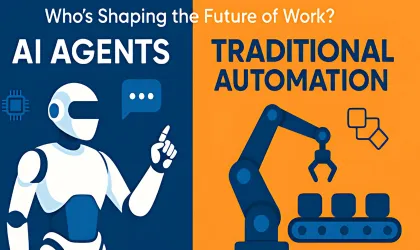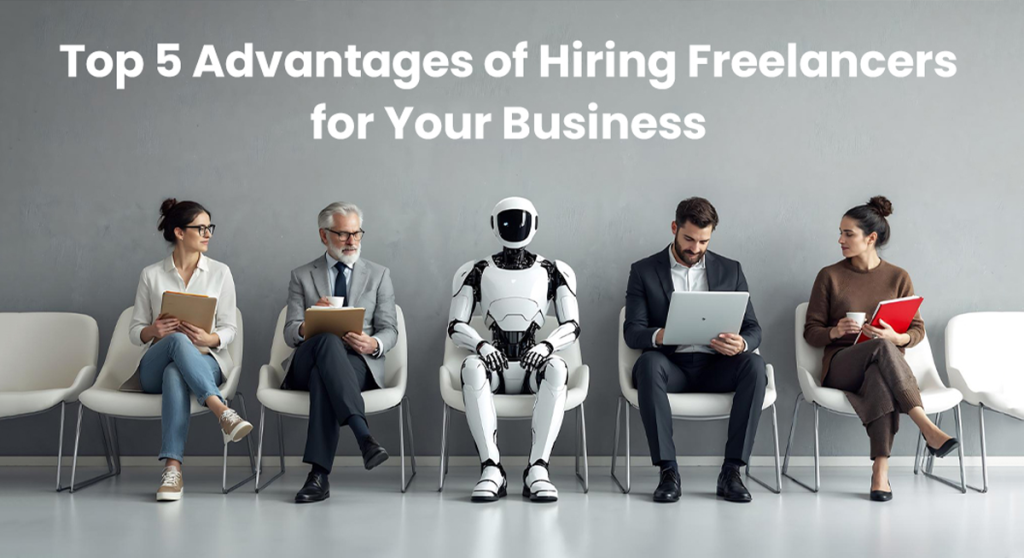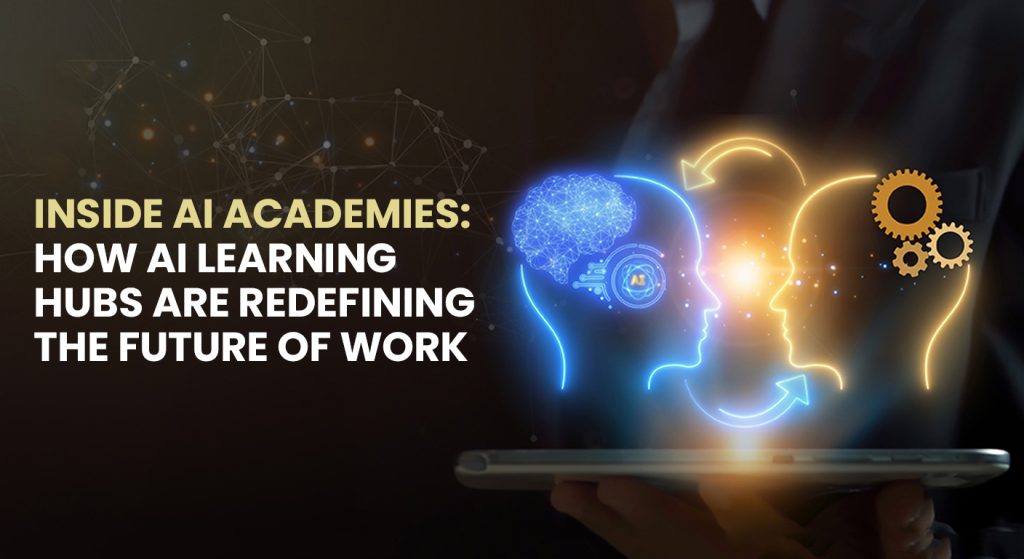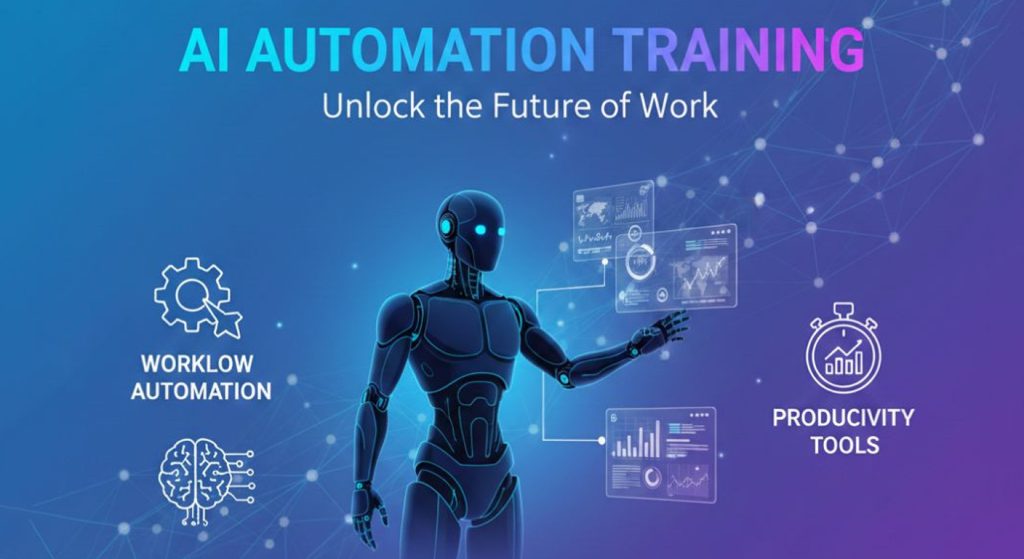Introduction
Imagine a workplace where systems not only follow orders but also learn and evolve on their own. In today’s fast-paced business world, companies continually seek ways to streamline operations and enhance productivity. Here’s a game-changing stat: AI agents can reduce operational costs by up to 30% compared to traditional automation in certain industries.
While both technologies offer efficiency, their methods differ fundamentally. AI agents bring adaptability, intelligence, and learning capabilities. In contrast, traditional automation offers consistency and reliability for rule-based, repetitive tasks.
So, which one is truly defining the future of work? Let’s dive in.
What Are AI Agents?
AI agents are intelligent digital systems capable of making decisions, learning from data, and adapting to changing environments. They go beyond static scripts and can handle complex, unstructured tasks autonomously.
Examples of AI agents in business:
- A virtual assistant scheduling meetings across global time zones
- A chatbot resolving customer support tickets in real-time
- A data engine analyzing trends and recommending business strategies
These systems use machine learning, natural language processing (NLP), and generative AI to make real-time decisions, making them ideal for dynamic industries.
Why AI Agents Are Transforming Businesses
- Adaptability: AI agents learn from real-time data, evolving with your business.
- Scalability: From startups to enterprise-level operations, they adapt without major overhauls.
- Complex Tasks: Ideal for personalized marketing, fraud detection, or predictive analytics.
Example: A hospital integrated AI agents to scan patient records and recommend treatments. The result? Diagnosis time dropped by 25%, and patient satisfaction improved significantly.*
Use Case: In healthcare, AI agents analyze patient records to help doctors with faster, more accurate diagnoses.
What Is Traditional Automation?
Traditional automation refers to systems that follow fixed rules to perform repetitive tasks—think factory robots, payroll processors, or automated data entry.
Strengths of Traditional Automation
- Cost-effective once implemented
- Reliable and consistent in output
- Simple to deploy without needing complex AI models
Example: A warehouse using barcode scanners and conveyor belts to process thousands of orders daily, fast, consistently, and error-free.
See how businesses use traditional automation alongside AI in our article on AI Gigs for Scalable Growth.
AI Agents vs Traditional Automation: Key Differences
| Feature | AI Agents | Traditional Automation |
| Adaptability | Learns and adjusts to new data | Follows fixed rules |
| Task Complexity | adapt to different situations | Best for repetitive, simple tasks |
| Cost | Higher initial investment | Lower upfront & maintenance cost |
| Scalability | Scales across diverse use cases | Limited to specific task structures |
| Learning Capability | Improves with data | No learning capability |
The future favors flexibility, and that’s where AI agents excel
Breaking It Down Further
- Learning: An AI-powered support bot improves with every customer interaction. In contrast, a traditional system would need reprogramming to handle new queries.
- Complexity: Want to analyze customer reviews for sentiment? Use an AI agent. Want to send 1,000 identical invoices? Go traditional.
- Setup: AI requires data infrastructure and AI expertise. Traditional automation is plug-and-play.
Want to hire AI experts who understand your business goals? Visit Gignaati’s AI Experts Gigs page to get started.
Benefits & Challenges of AI Agents
Benefits
- Smart Decision-Making: AI agents spot trends and suggest proactive solutions.
- Hyper-Personalization: From Netflix to Spotify, AI drives customer engagement.
- Scalability: Easily extendable across departments or use cases.
Example: In retail, AI agents monitor buyer behavior and offer custom coupons, improving customer loyalty and retention.
Challenges
- Higher Cost of Implementation
- Bias and Ethical Concerns
- Data Security & Compliance (especially in sensitive sectors)
Benefits & Challenges of Traditional Automation
Benefits
- Cost-Efficient: Great for high-volume tasks
- Stable & Reliable
- Minimal Training Required
Example: In manufacturing, traditional automation handles repetitive, precision-based tasks like welding or packaging.
Challenges
- No Intelligence: Cannot “learn” or adapt.
- Rigid Systems: Workflow changes = downtime + rework
- Hardware Maintenance: Especially in industrial setups
Who’s Shaping the Future of Work?
The smartest systems don’t compete — they collaborate. The real shift lies in hybrid models that blend AI agents with traditional automation. These systems offer efficiency + intelligence, helping businesses operate smarter and faster.
Example: An online grocery app used automation for managing stock but relied on AI to recommend groceries based on users’ past purchases, boosting customer retention.
Read how this hybrid trend is gaining momentum in our piece on AI and the Gig Economy
According to Gartner, over 70% of businesses will adopt AI agents by 2028 to stay competitive.
Which Should Your Business Choose?
Example:
A D2C brand might use traditional automation for inventory sync but deploy AI agents for personalized product recommendations.
Still unsure? Browse AI-powered gig solutions on Gignaati to find what fits your business best.
Conclusion:
Both AI agents and traditional automation have unique strengths. AI agents bring intelligence and flexibility, making them ideal for the evolving future of work. Traditional automation, with its reliability and affordability, remains essential for repetitive tasks. The smart move? Leverage both to create a balanced, efficient operation. As businesses navigate this tech-driven era, the question isn’t which is better—it’s how to use them together. In the future of work, intelligence isn’t optional — it’s essential.
Ready to shape the future of your business with the right AI expertise?
Hire top AI freelancers and experts on Gignaati to unlock scalable, intelligent automation for your business today.
Frequently Asked Question
What’s the difference between AI agents and traditional automation?
AI agents are adaptive systems that learn and make decisions dynamically. Traditional automation follows fixed rules and works best for repetitive workflows.
Can AI agents replace traditional automation?
Not completely. They’re best used together—AI for strategy, automation for execution.
Are AI agents expensive to implement?
Yes, but the ROI can be high. Startups can begin with cloud-based AI tools or hire freelance AI experts to reduce costs.
What industries benefit most from AI agents?
Healthcare, retail, marketing, and tech are leading in AI adoption, while traditional sectors like manufacturing still rely on rule-based automation.
How do I get started with AI in my business?
Start small—consult AI professionals or hire from platforms like Gignaati to test use cases and scale responsibly.





